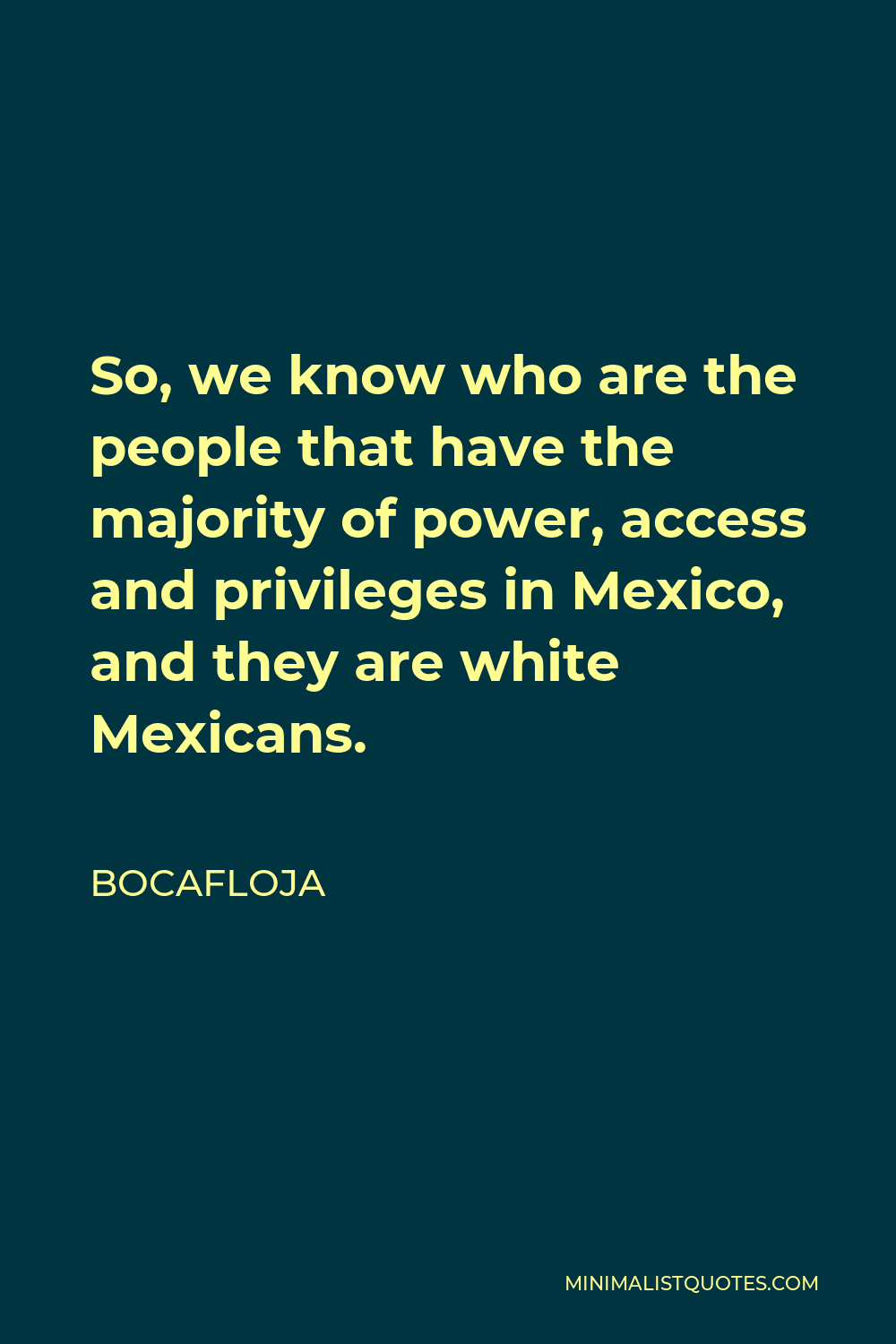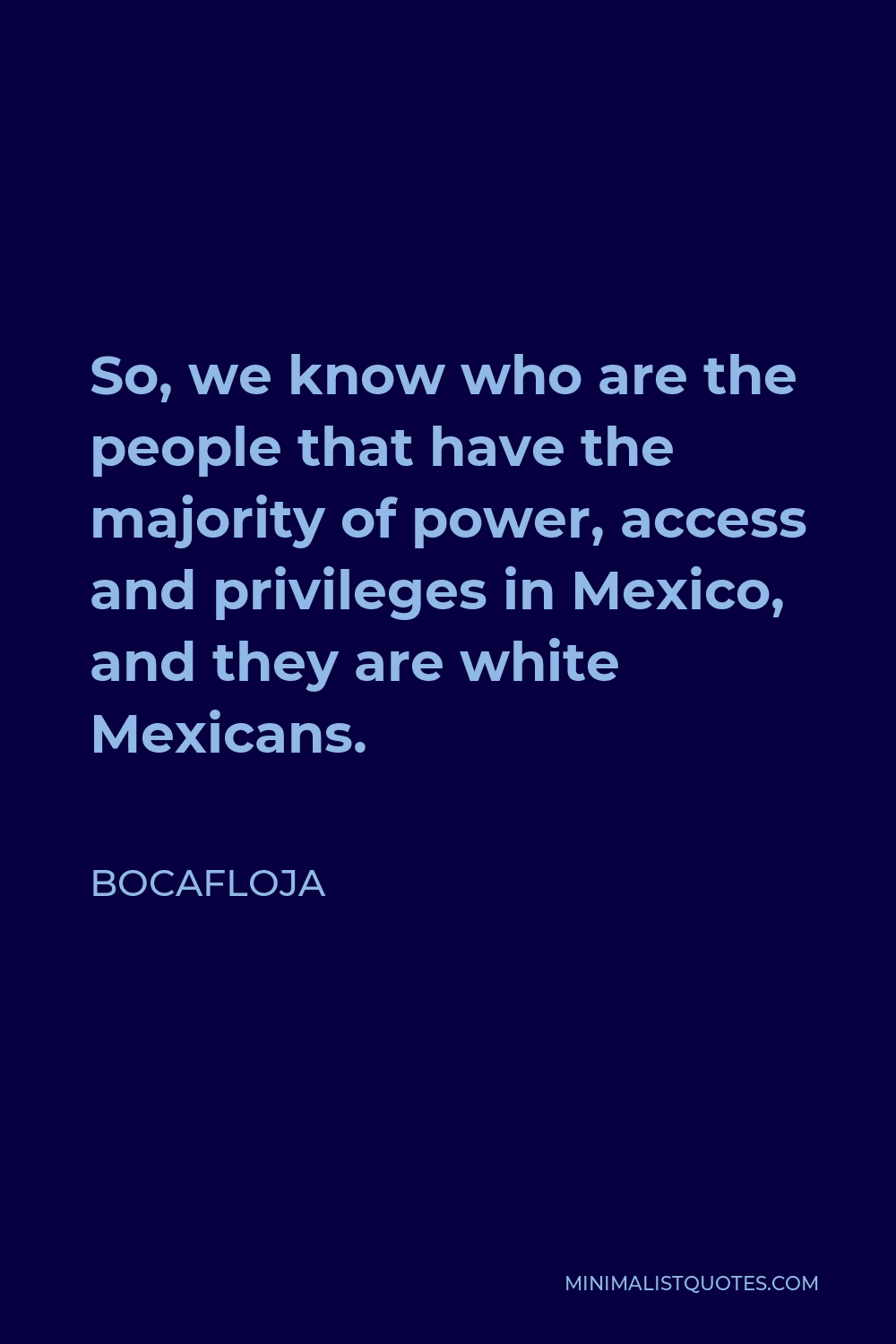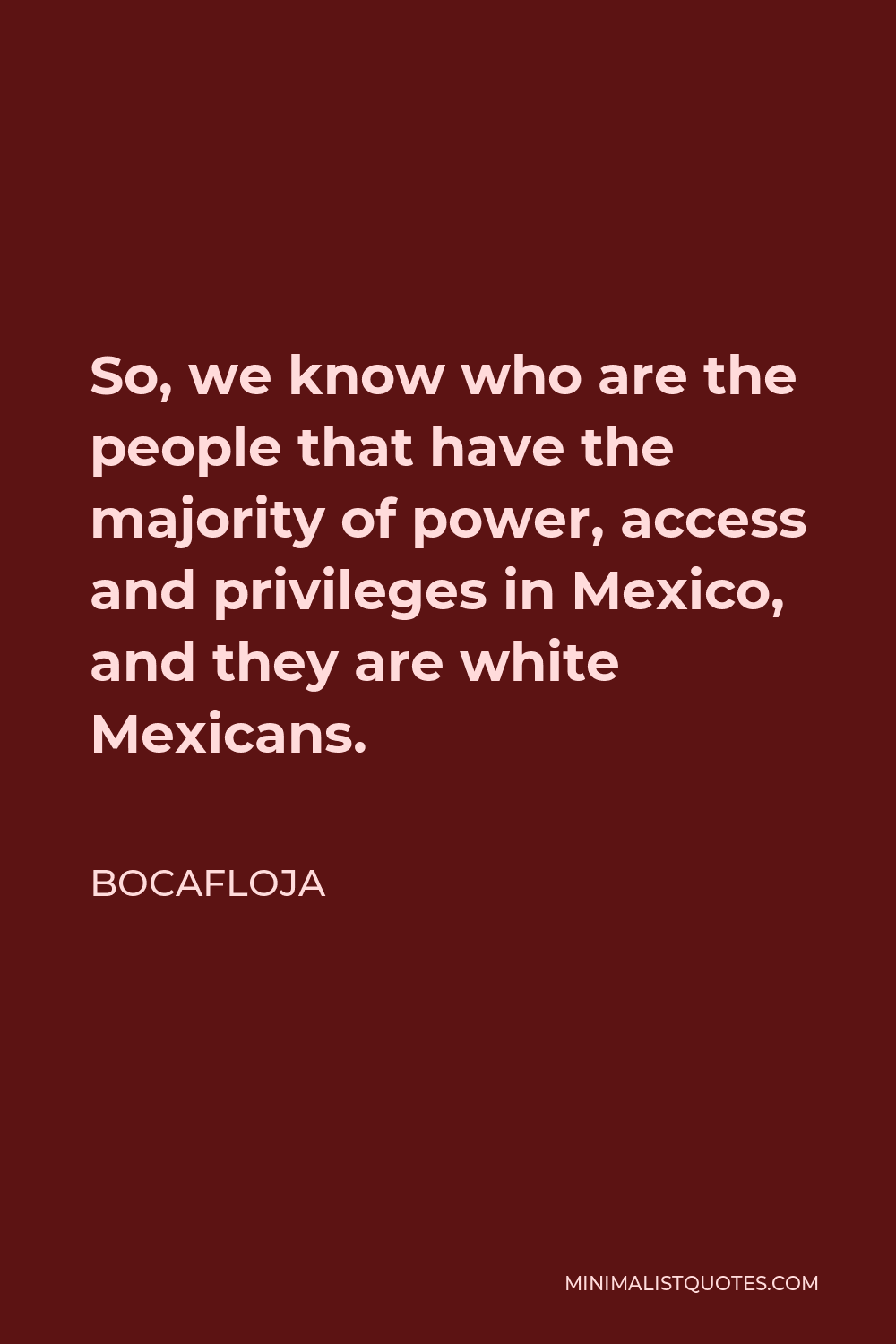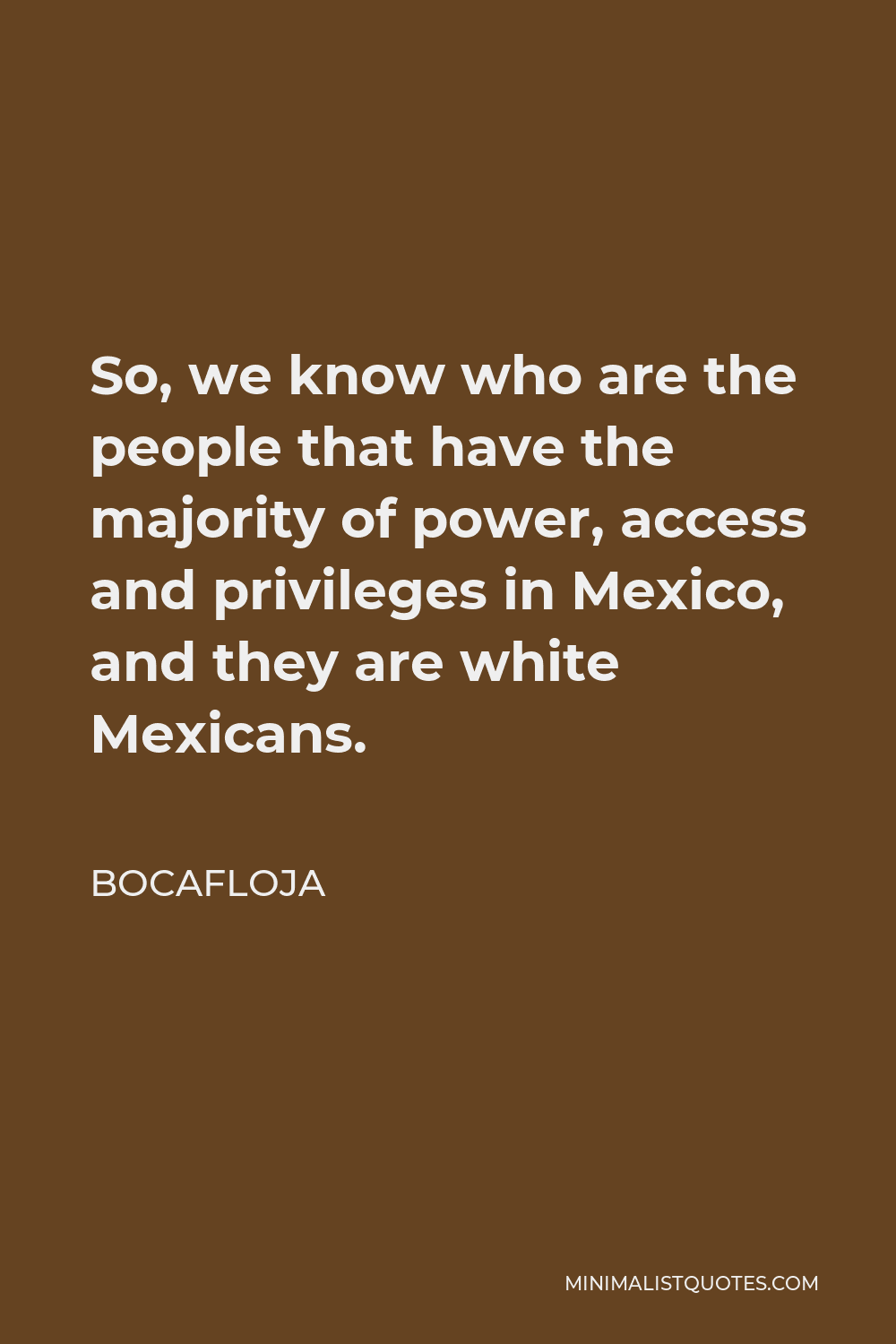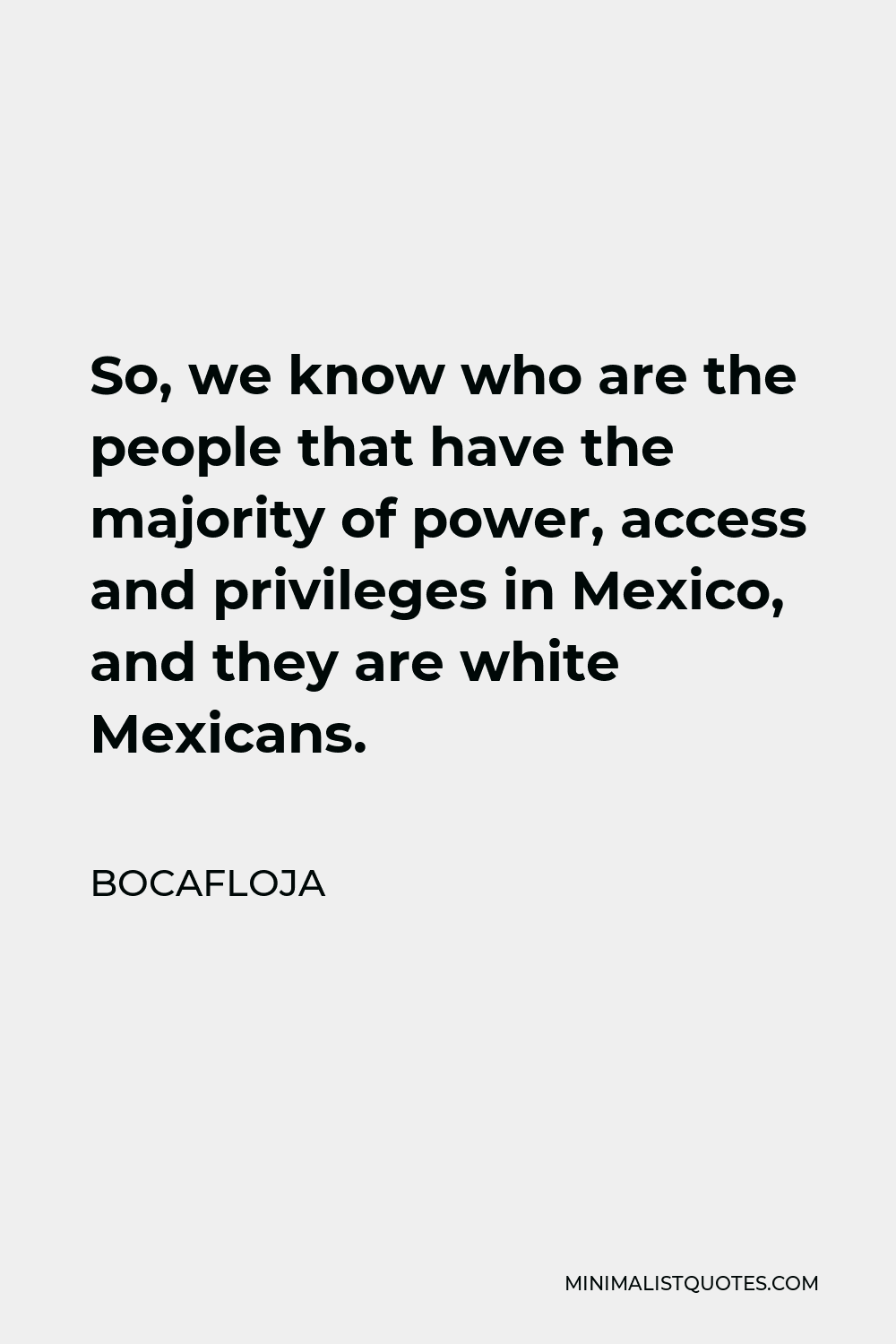What is MTV doing and what is the hegemonic culture industry promoting in gangsta rap? It is the glorification of violence for the sake of violence.
BOCAFLOJASo, we know who are the people that have the majority of power, access and privileges in Mexico, and they are white Mexicans.
More Bocafloja Quotes
-





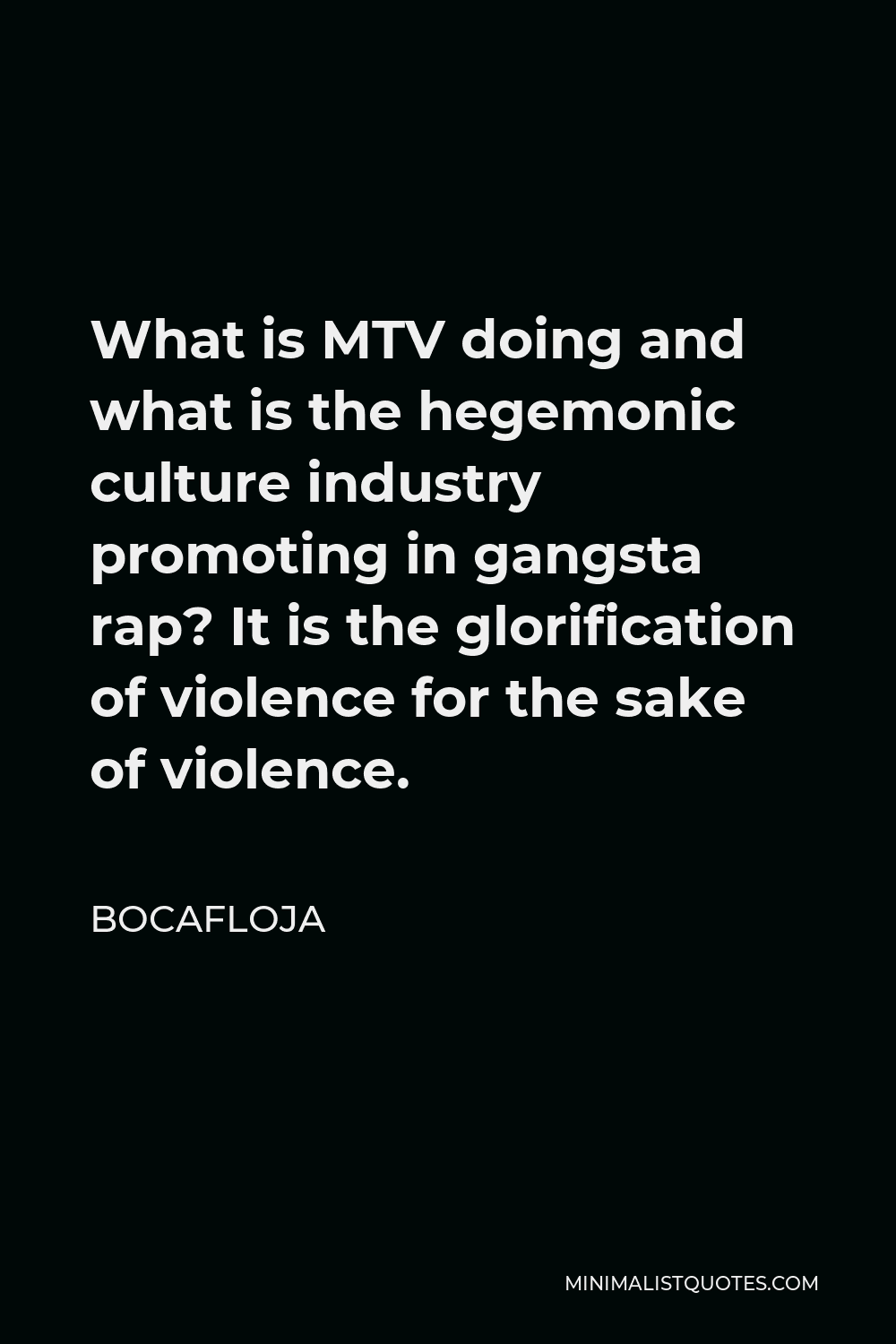
-





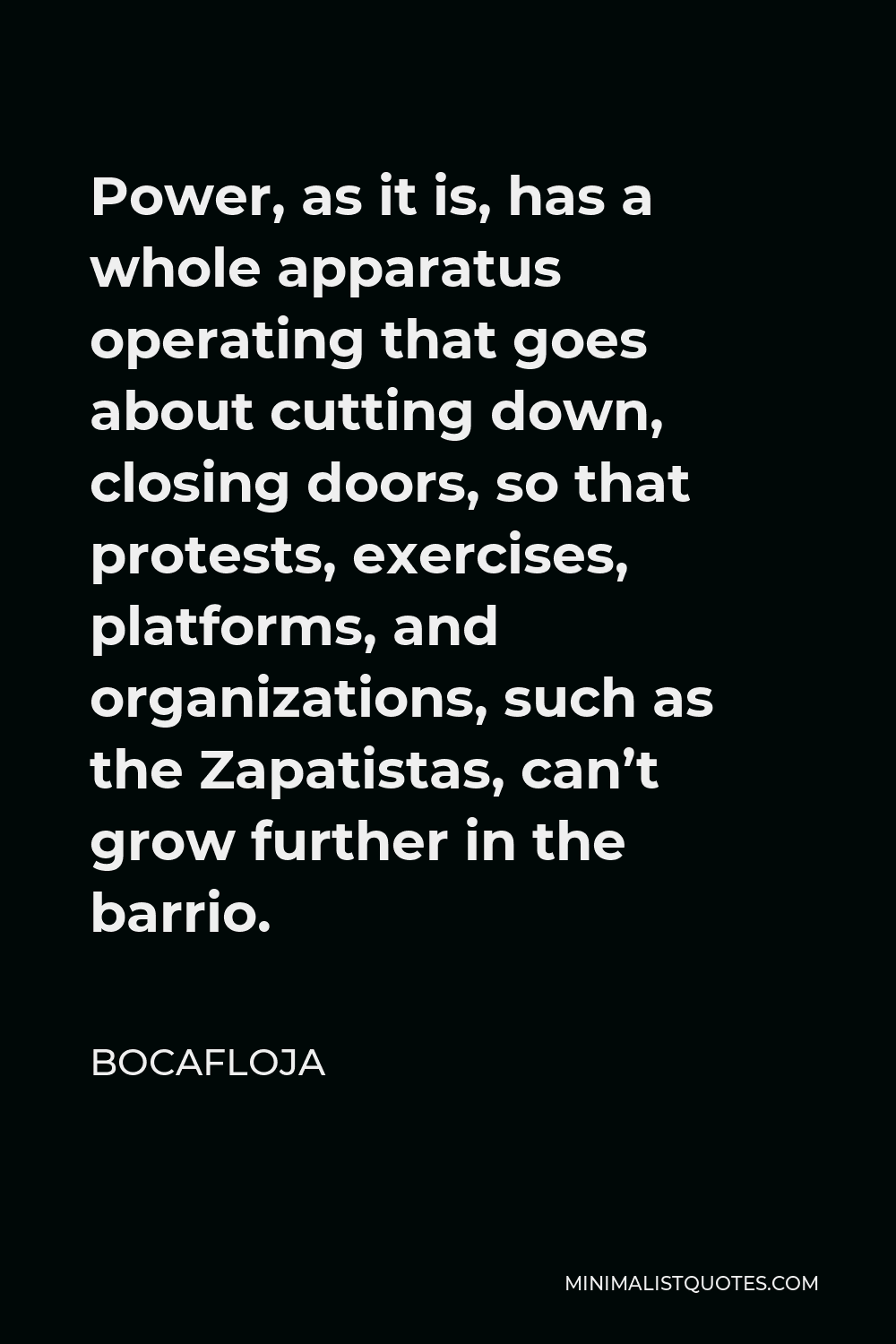
Power, as it is, has a whole apparatus operating that goes about cutting down, closing doors, so that protests, exercises, platforms, and organizations, such as the Zapatistas, can’t grow further in the barrio.
BOCAFLOJA -





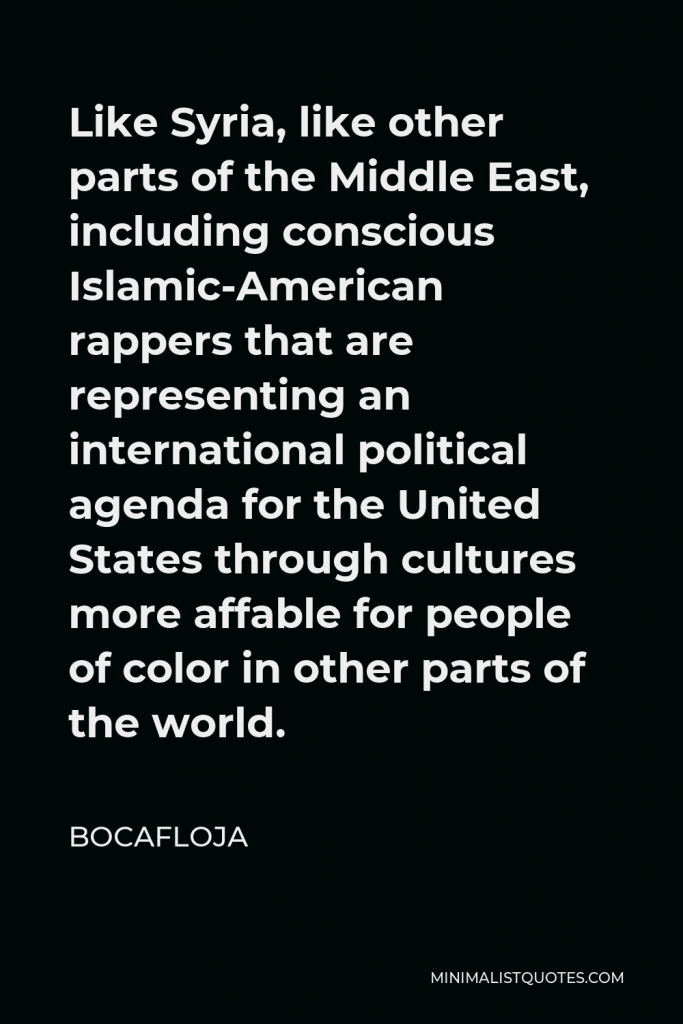

Like Syria, like other parts of the Middle East, including conscious Islamic-American rappers that are representing an international political agenda for the United States through cultures more affable for people of color in other parts of the world.
BOCAFLOJA -





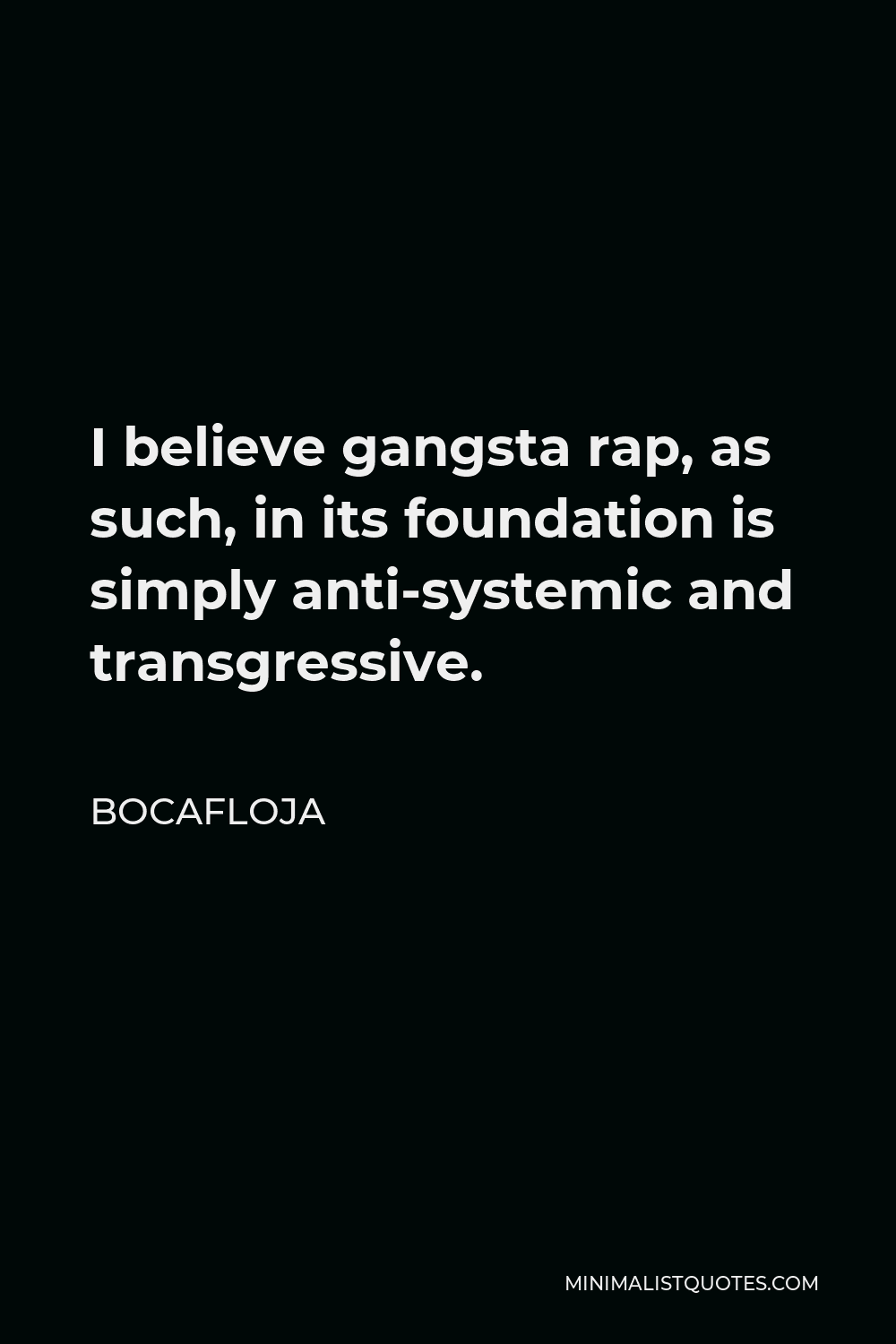
I believe gangsta rap, as such, in its foundation is simply anti-systemic and transgressive.
BOCAFLOJA -





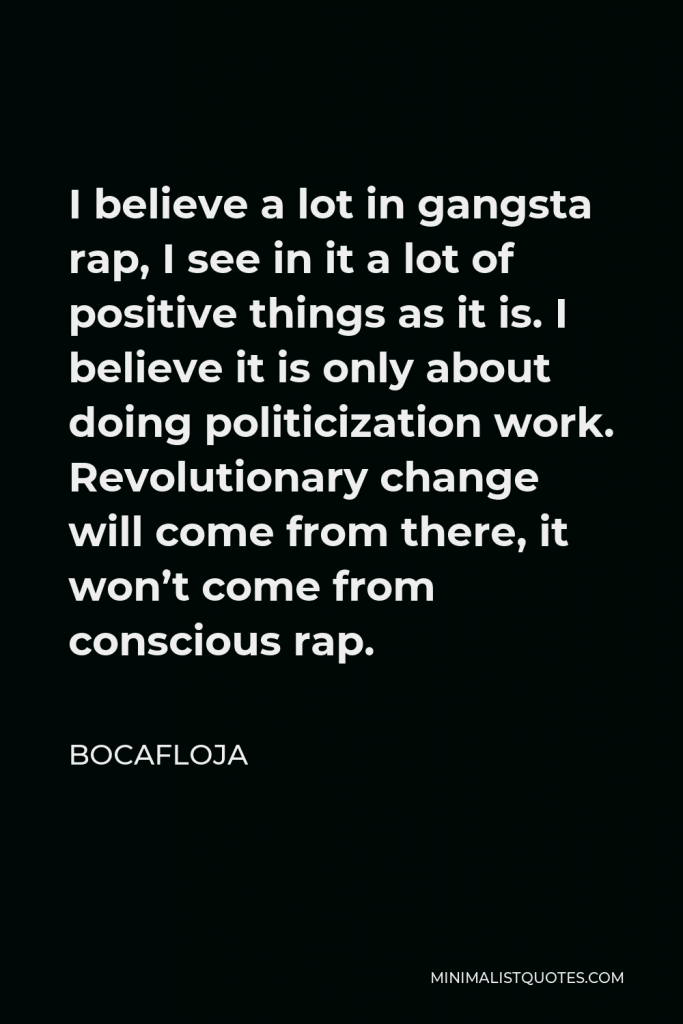

I believe a lot in gangsta rap, I see in it a lot of positive things as it is. I believe it is only about doing politicization work. Revolutionary change will come from there, it won’t come from conscious rap.
BOCAFLOJA -





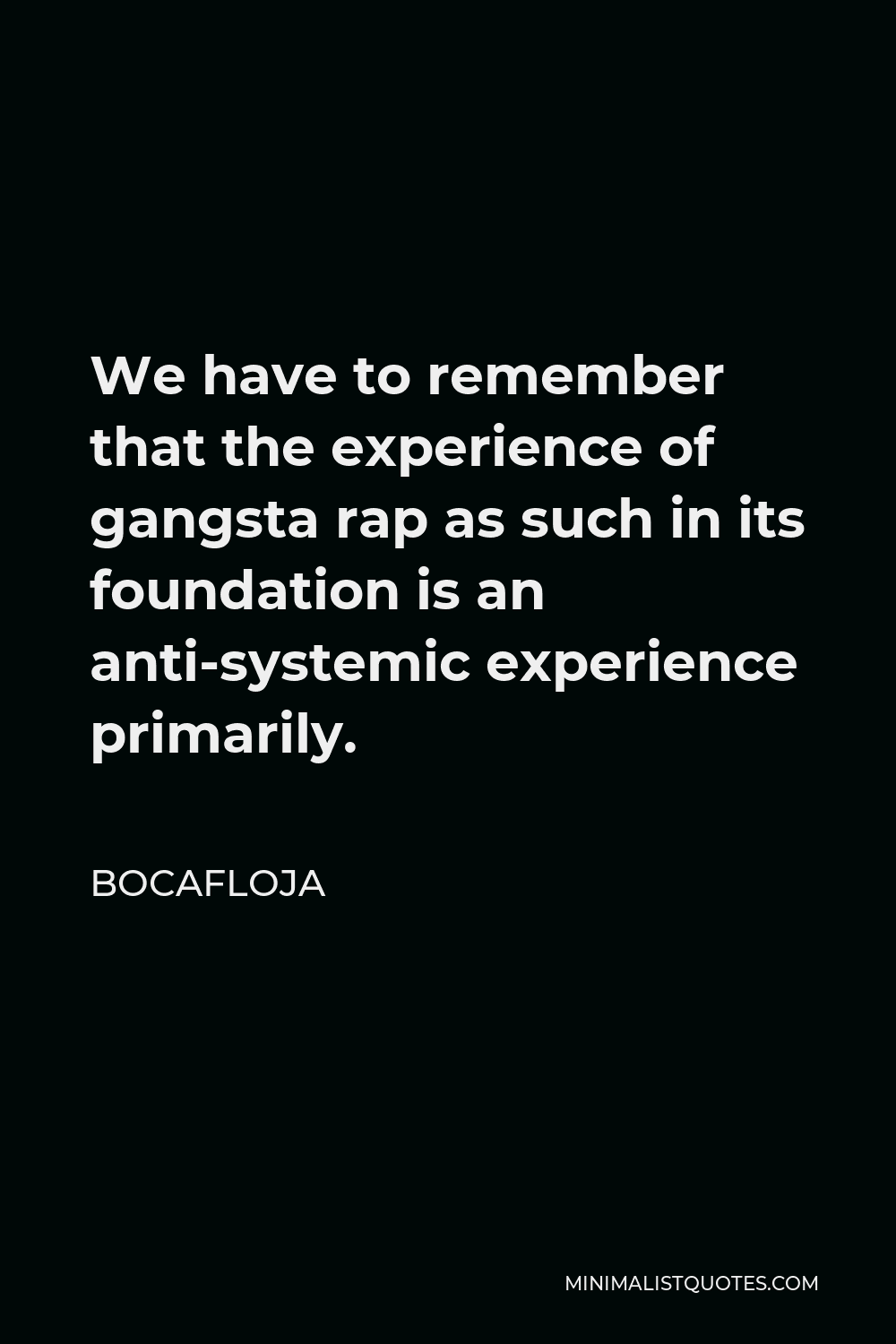
We have to remember that the experience of gangsta rap as such in its foundation is an anti-systemic experience primarily.
BOCAFLOJA -





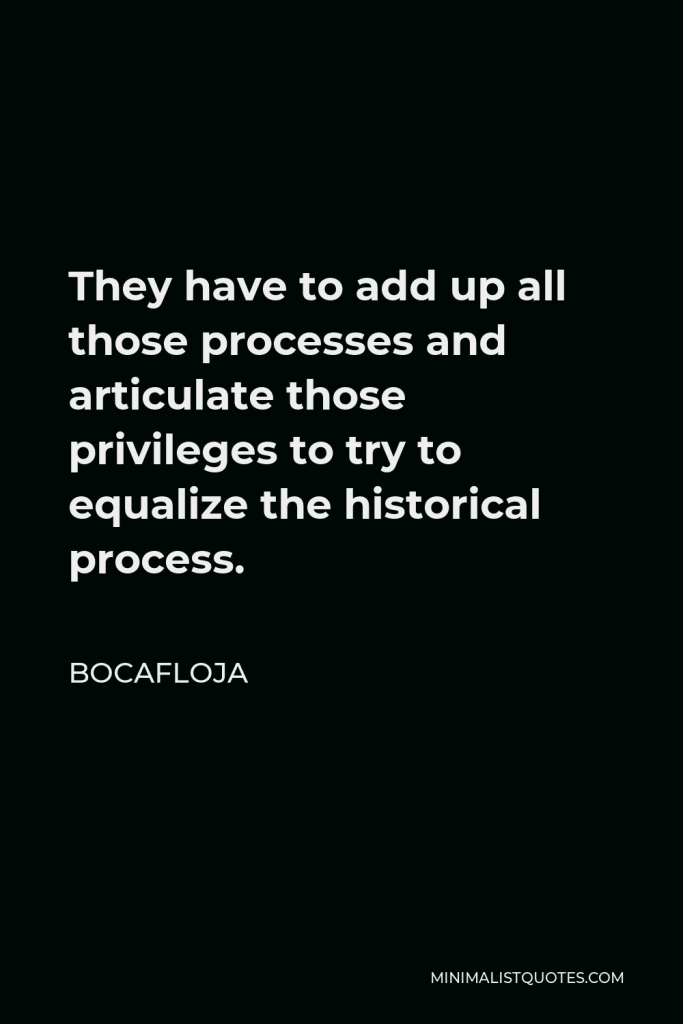

They have to add up all those processes and articulate those privileges to try to equalize the historical process.
BOCAFLOJA -





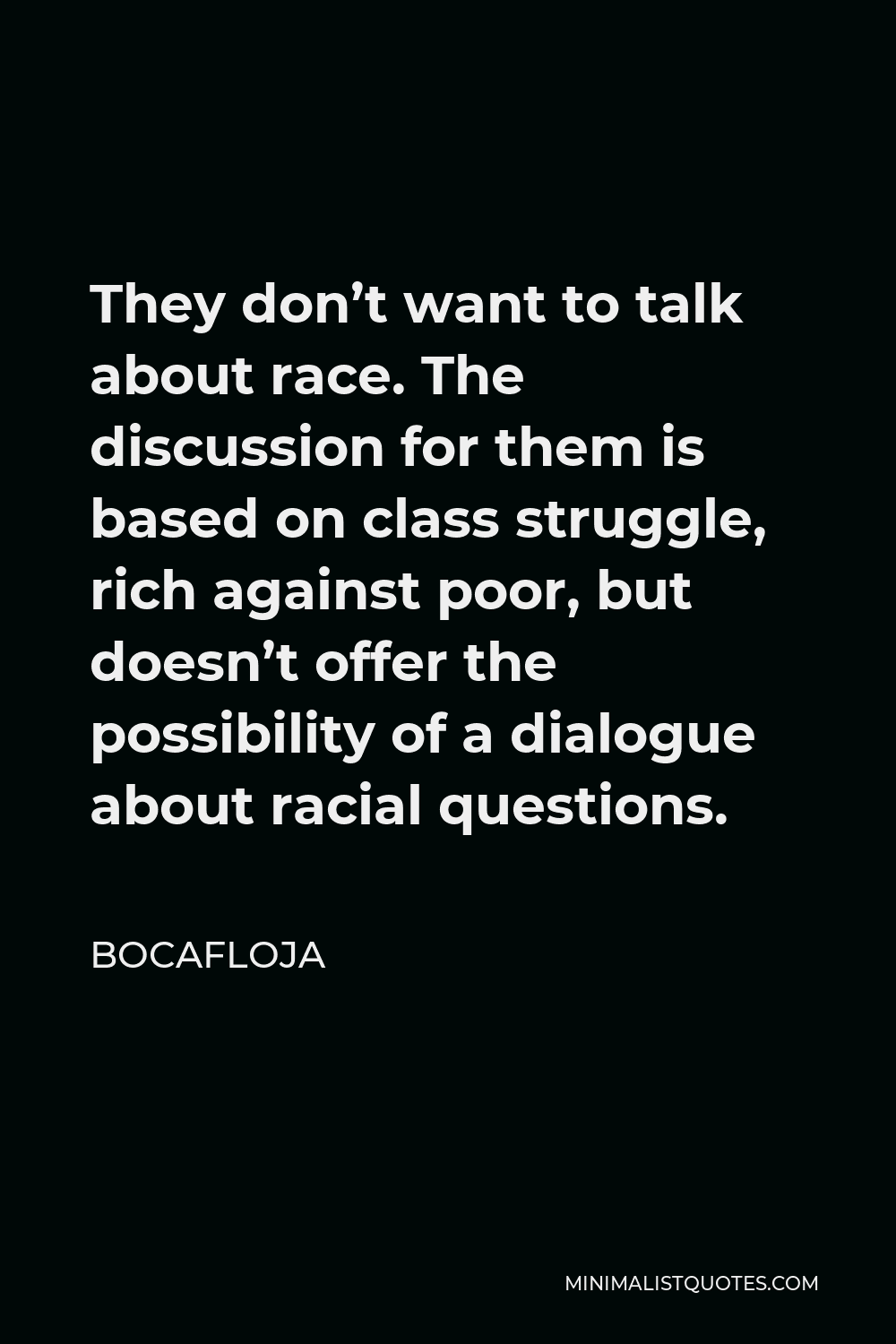
They don’t want to talk about race. The discussion for them is based on class struggle, rich against poor, but doesn’t offer the possibility of a dialogue about racial questions.
BOCAFLOJA -





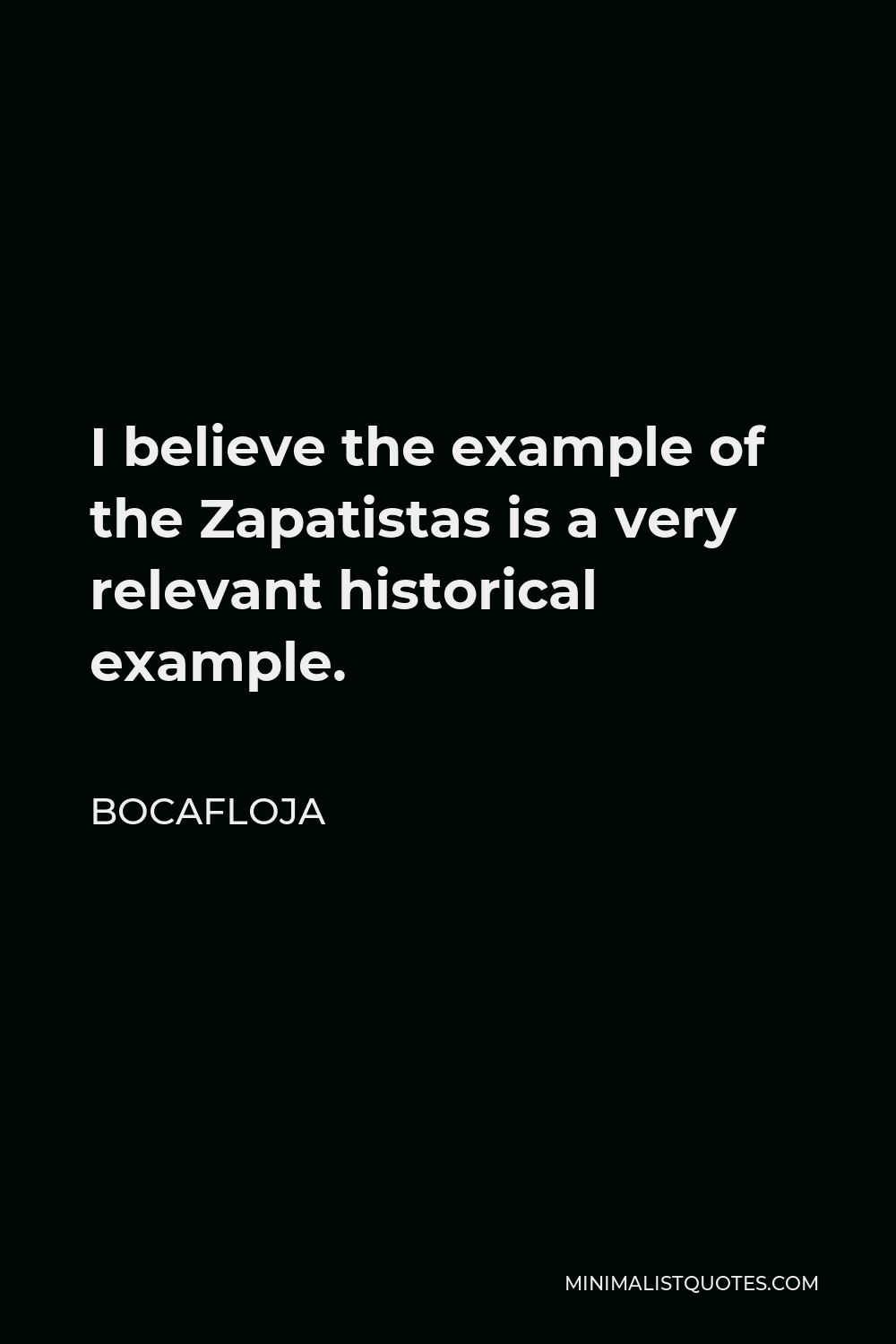
I believe the example of the Zapatistas is a very relevant historical example.
BOCAFLOJA -





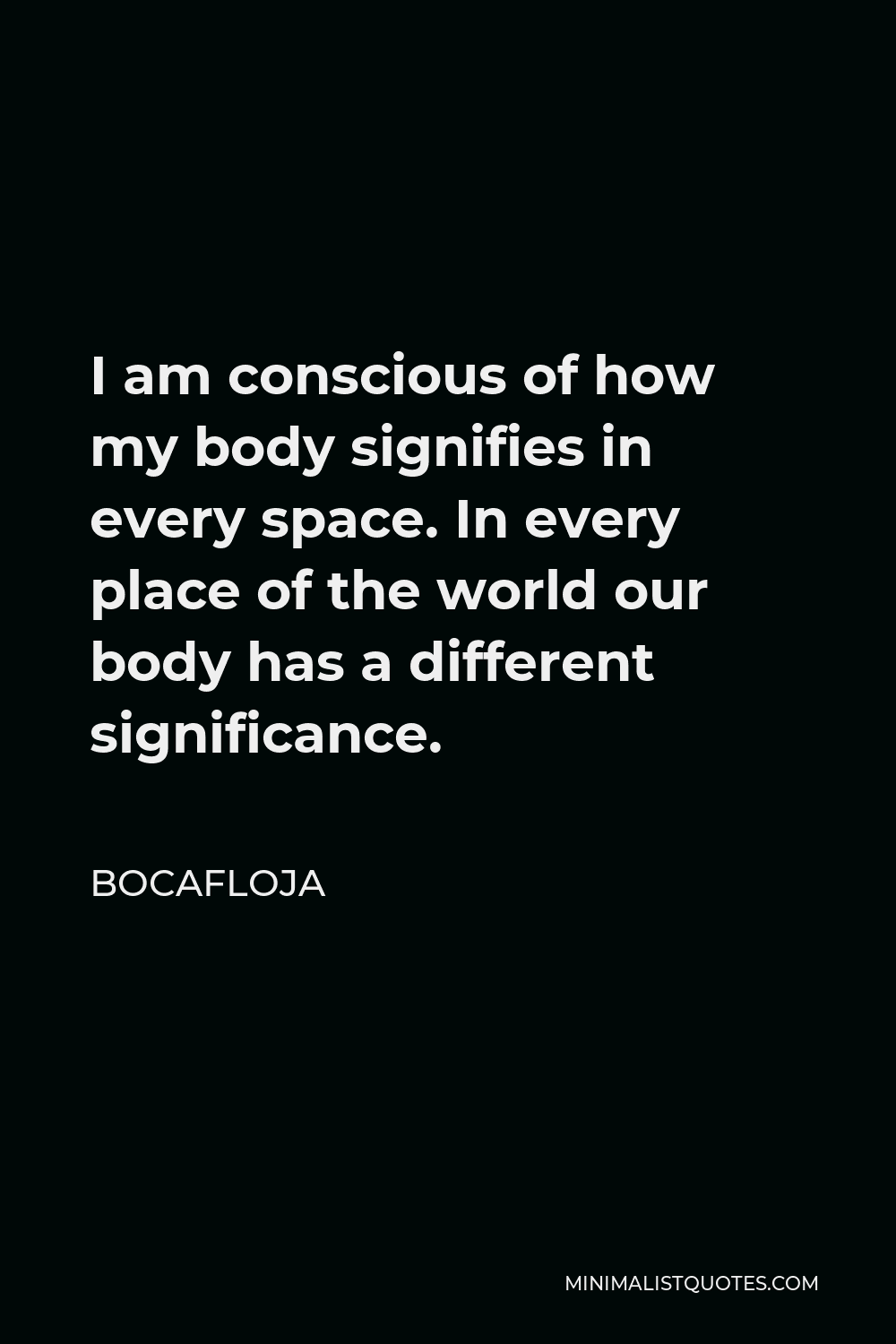
I am conscious of how my body signifies in every space. In every place of the world our body has a different significance.
BOCAFLOJA -





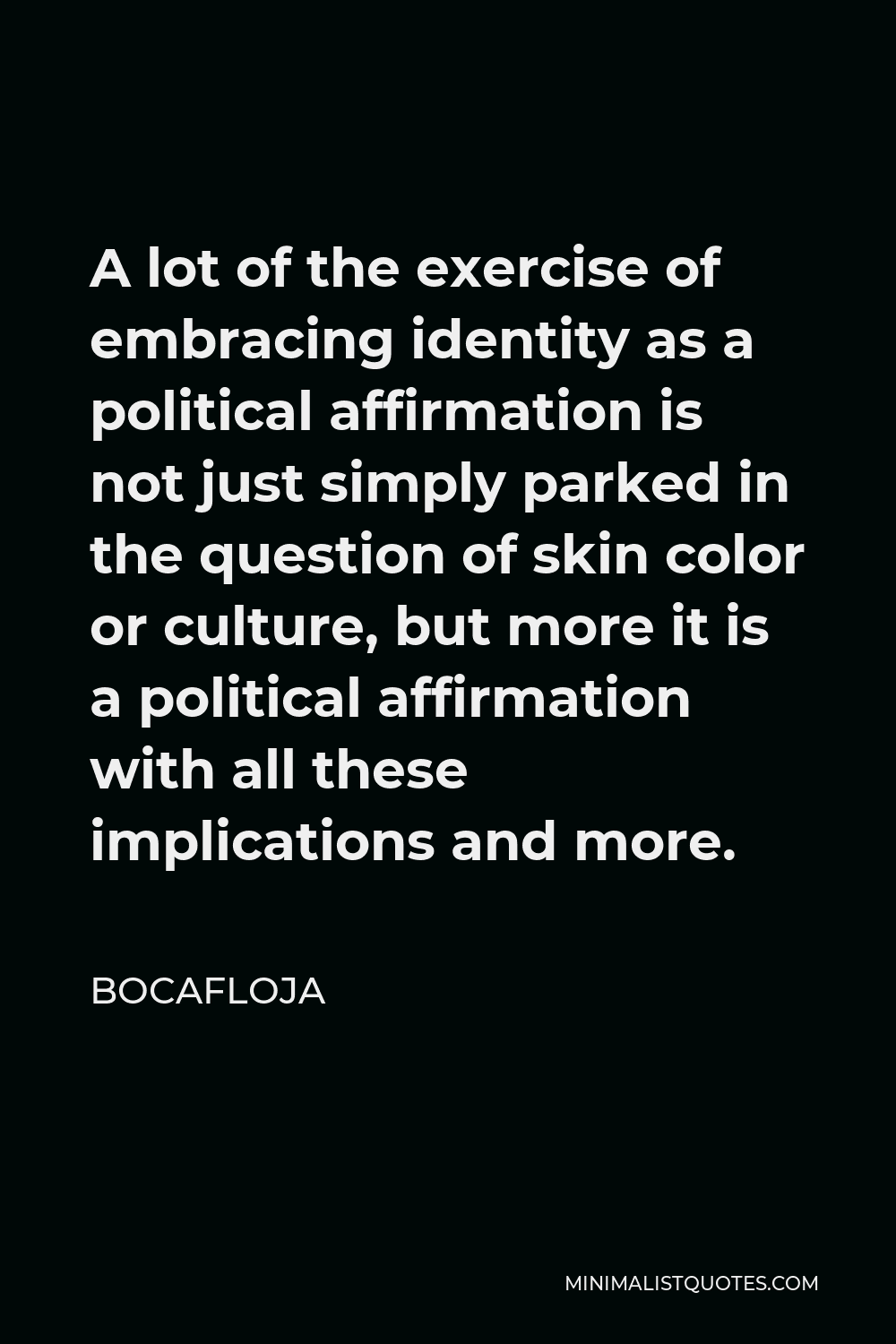
A lot of the exercise of embracing identity as a political affirmation is not just simply parked in the question of skin color or culture, but more it is a political affirmation with all these implications and more.
BOCAFLOJA -





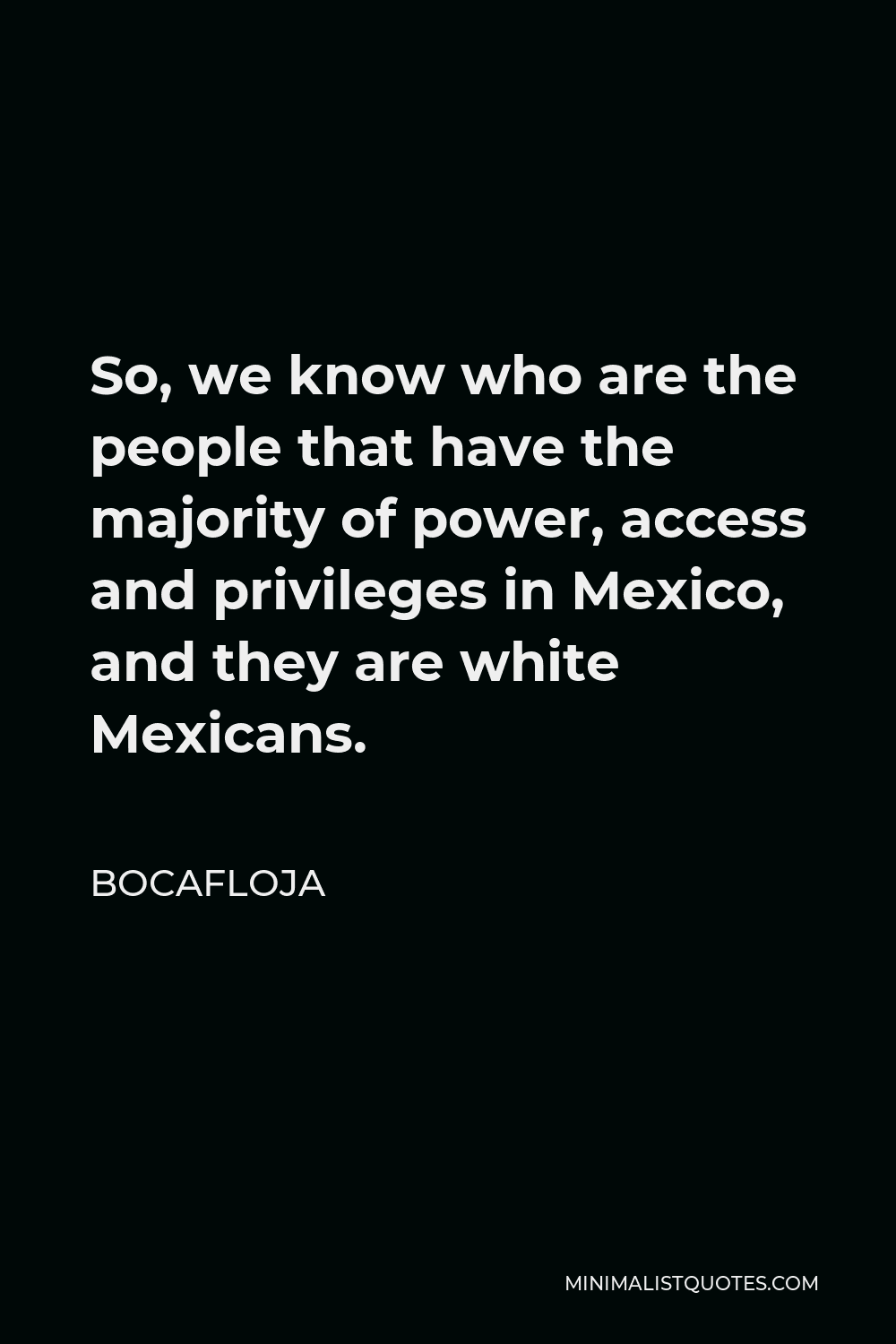
So, we know who are the people that have the majority of power, access and privileges in Mexico, and they are white Mexicans.
BOCAFLOJA -





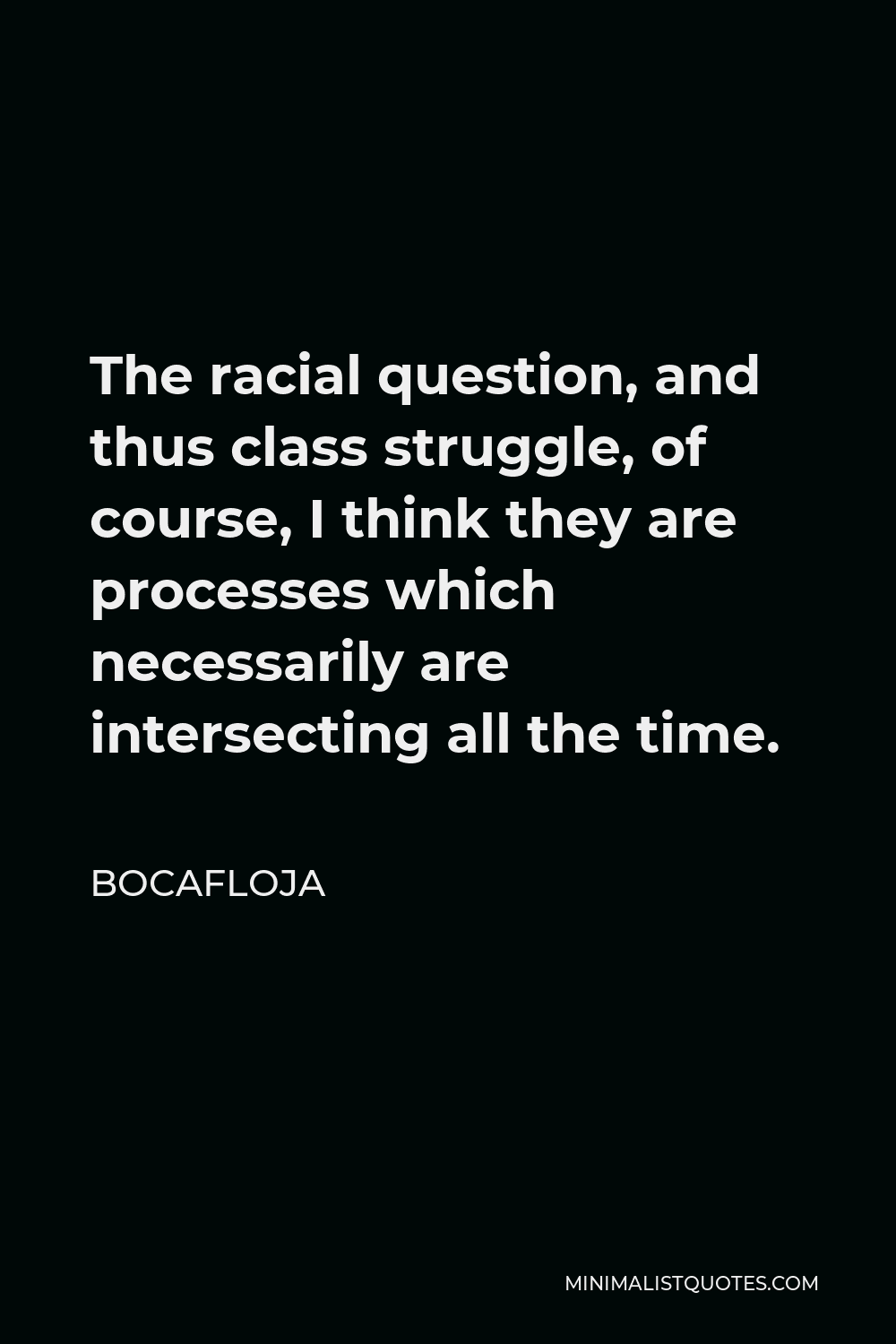
The racial question, and thus class struggle, of course, I think they are processes which necessarily are intersecting all the time.
BOCAFLOJA -





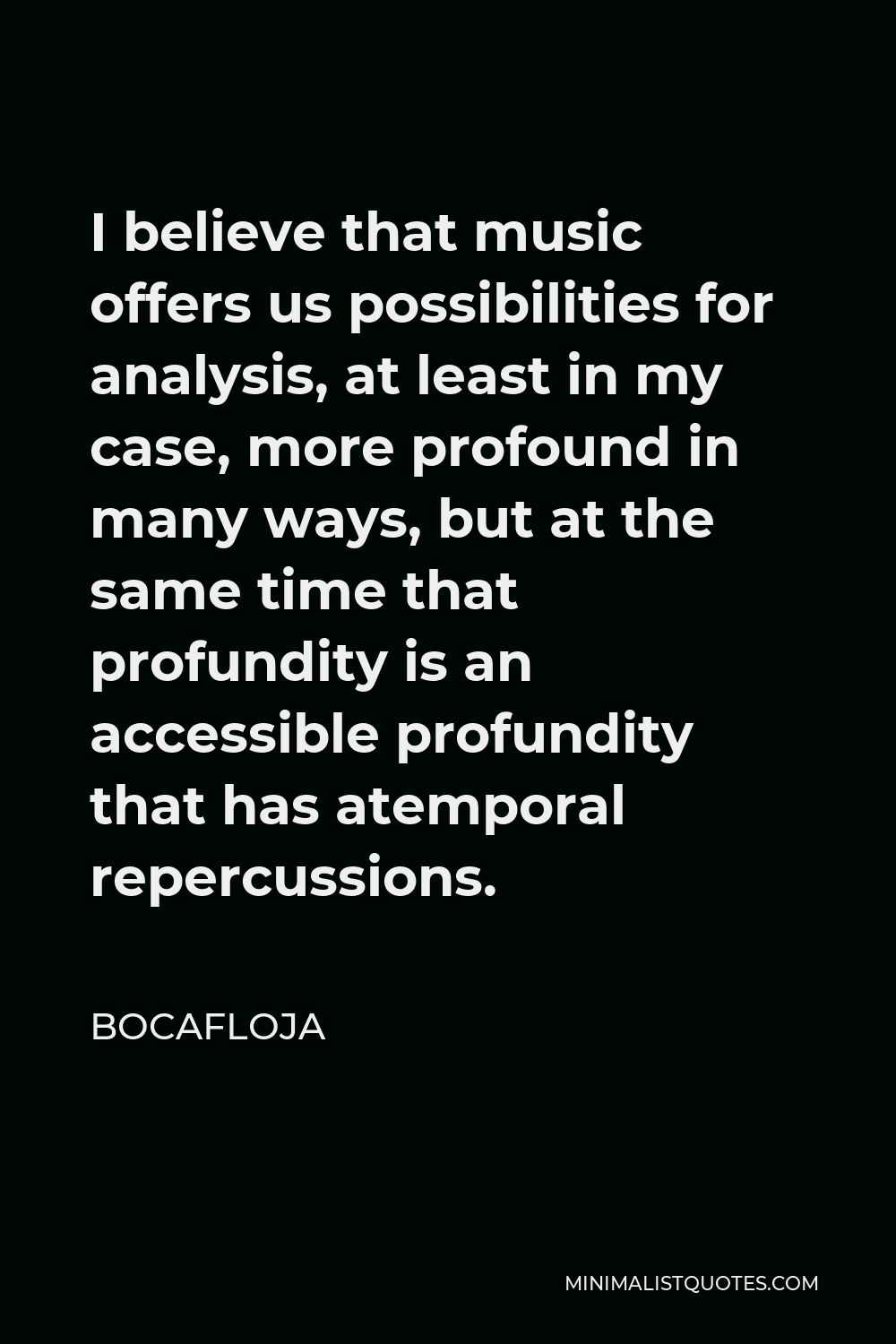
I believe that music offers us possibilities for analysis, at least in my case, more profound in many ways, but at the same time that profundity is an accessible profundity that has atemporal repercussions.
BOCAFLOJA -





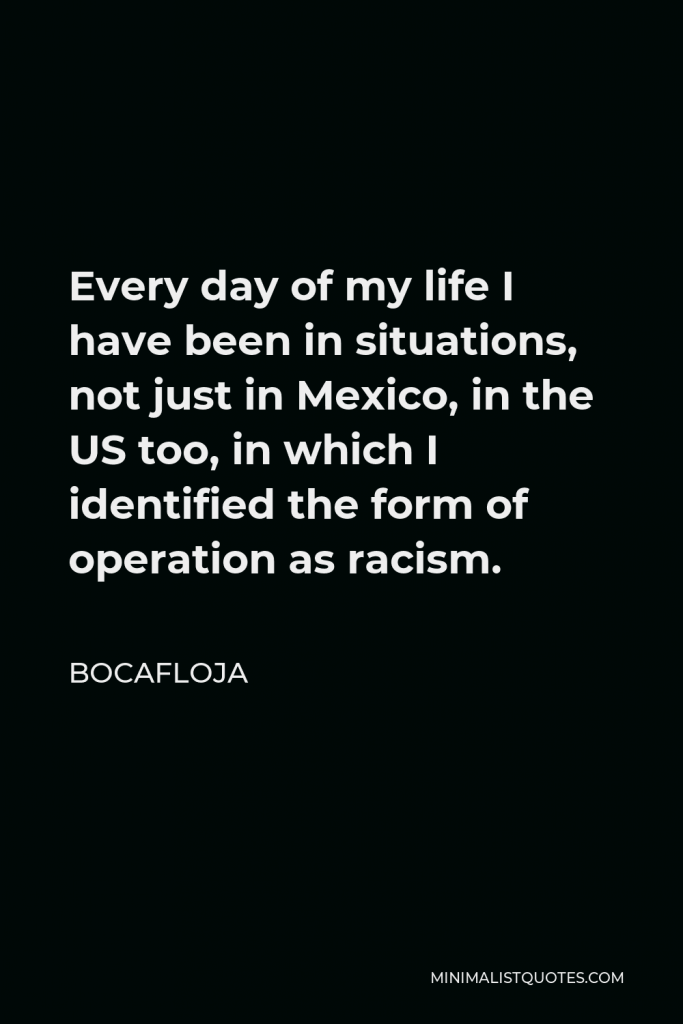

Every day of my life I have been in situations, not just in Mexico, in the US too, in which I identified the form of operation as racism.
BOCAFLOJA -





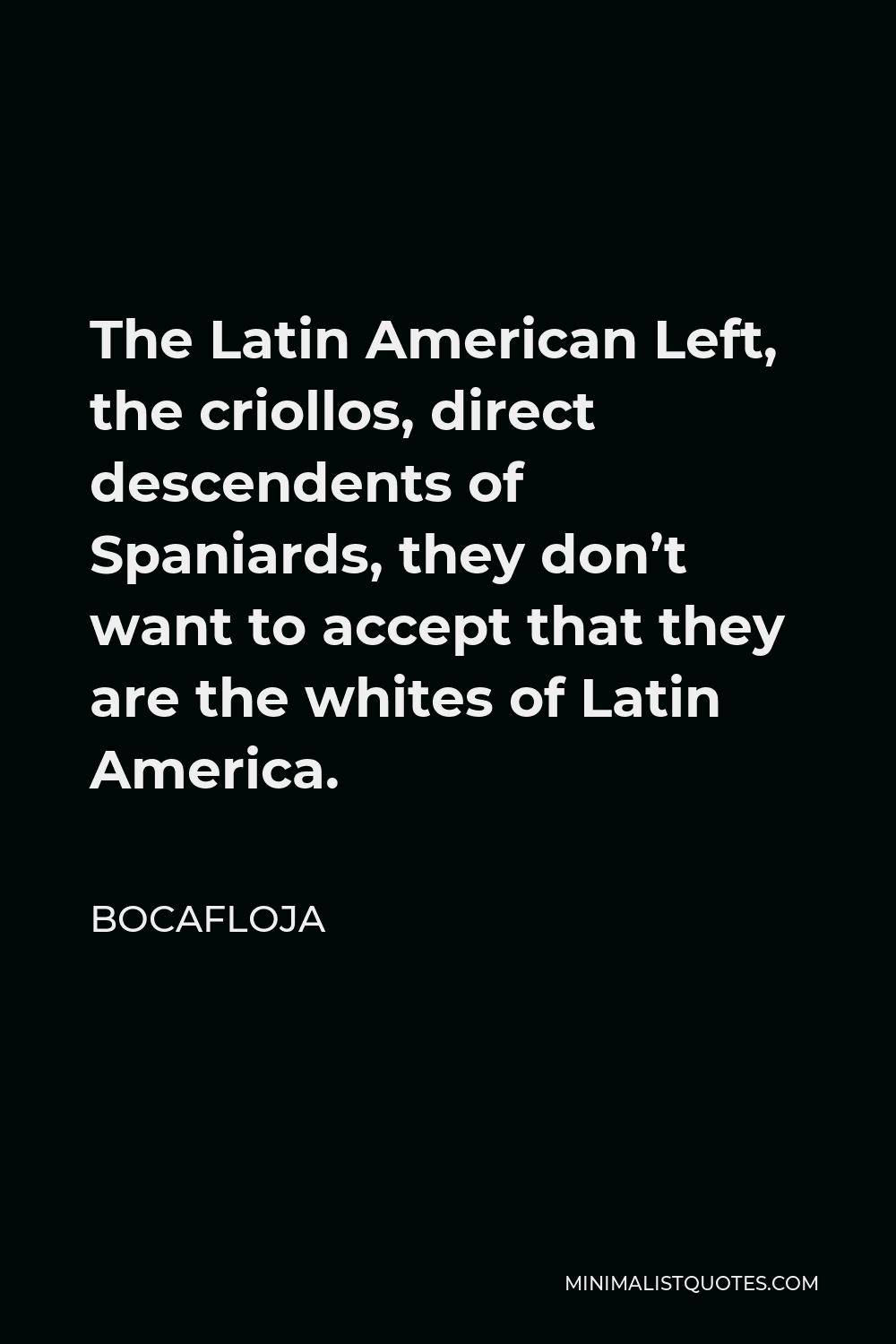
The Latin American Left, the criollos, direct descendents of Spaniards, they don’t want to accept that they are the whites of Latin America.
BOCAFLOJA
